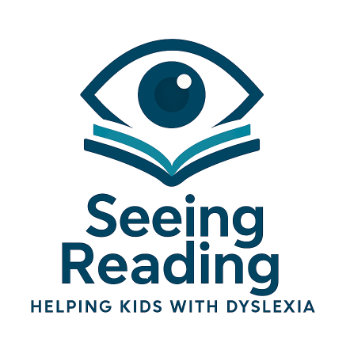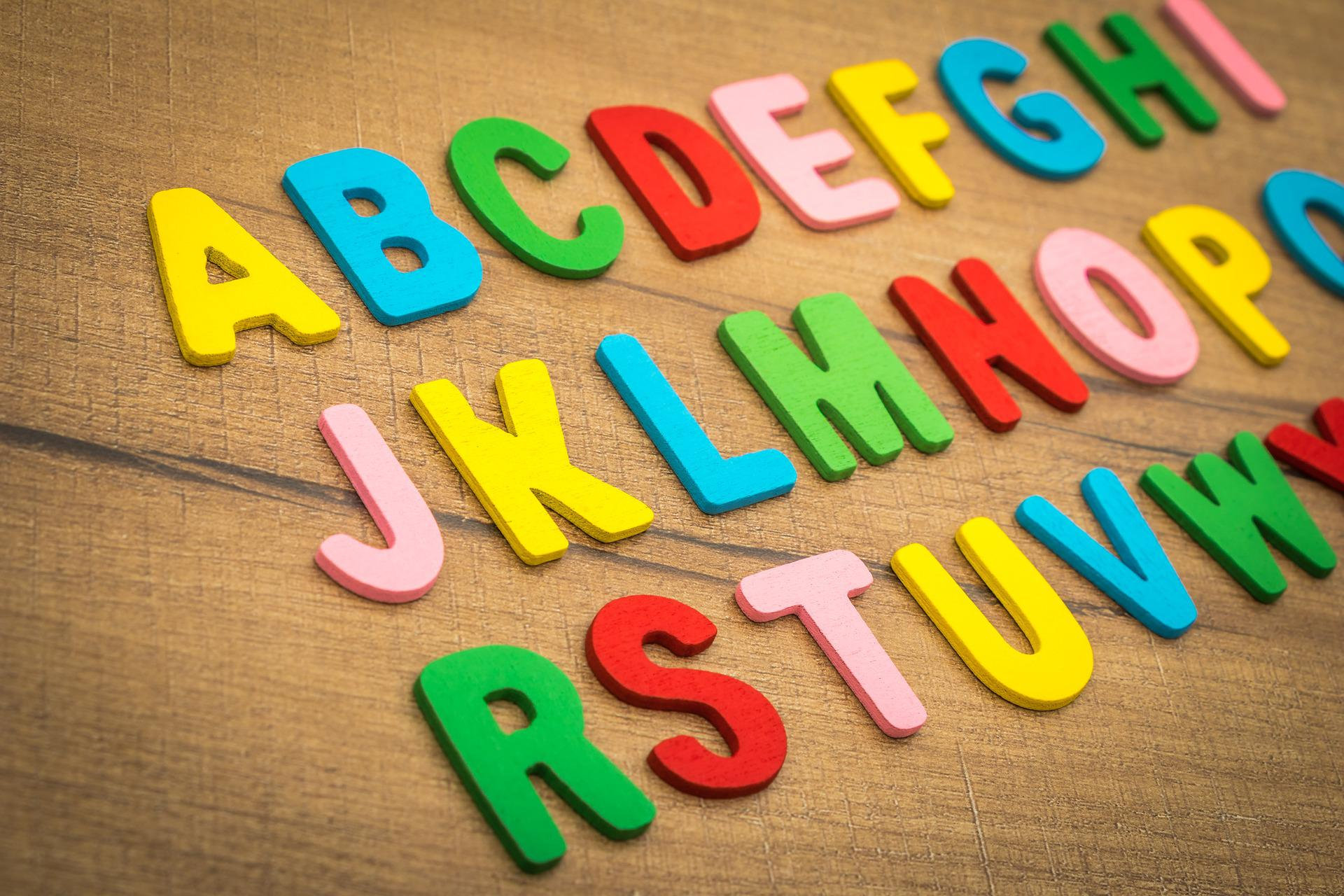FREQUENTLY ASKED QUESTIONS
- What Is Dyslexia - video
-
This TED TALK is an excellent introduction to Dyslexia : https://youtu.be/zafiGBrFkRM
- MADE BY DYSLEXIA
-
Visit this site to learn about how special you are! They have loads of great information on Dyslexia and very positive infprmation around it too.
- What Is Dyslexia?
-
Dyslexia is a language-based learning disability. Dyslexia refers to a cluster of symptoms, which result in people having difficulties with specific language skills, particularly reading. Students with dyslexia usually experience difficulties with other language skills such as spelling, writing, and pronouncing words. Dyslexia affects individuals throughout their lives; however, its impact can change at different stages in a person’s life. It is referred to as a learning disability because dyslexia can make it very difficult for a student to succeed academically in the typical instructional environment, and in its more severe forms, will qualify a student for special education, special accommodations, or extra support services. Here is a-link to the International Dyslexia Association. : https://dyslexiaida.org/dyslexia-basics/.
- What is Right Brained ?
-
Studies of the brain are still out on how exactly the brain works. We know that some people are more number centric, and some more creative. Some learn in a traditional classroom and some learn from experience. Fortunately, when children are at the age where they are learning to read, they are all in the stage of development in which their brain is rapidly developing. This means that teaching in a right-brain-friendly manner, which is what we call "right brained" will reach all of them at once! Traditional methods of teaching reading are purely called "left-brained" and utilizing them with children who are processing on a visual processing level creates a miss-match which makes learning to read more difficult than it should be.
- What are common signs of dyslexia?
-
Early signs include trouble learning letter names and sounds, difficulty rhyming, slow or inaccurate reading, poor spelling, and avoidance of reading tasks. In older children and adults, issues with fluency, comprehension, and written expression may be more noticeable.
- At what age can dyslexia be diagnosed?
-
Dyslexia can often be identified as early as kindergarten or first grade, especially if a child is showing persistent difficulty learning letters and sounds. Early intervention is key to effective support.
- Is dyslexia a vision problem?
-
No, dyslexia is not related to vision. It’s a language-based learning difference. Although some individuals may also have visual processing issues, dyslexia primarily affects how the brain processes written and spoken language.
- Can a person outgrow dyslexia?
-
Dyslexia is lifelong. However, with the right support and strategies, individuals can learn to read and write well. Many people with dyslexia develop excellent coping skills and go on to thrive academically and professionally.
- What causes dyslexia?
-
Dyslexia tends to run in families, suggesting a genetic link. It stems from differences in how the brain processes phonological information—the sounds in language—particularly when it comes to connecting letters with sounds.
- How is dyslexia diagnosed?
-
A comprehensive evaluation by a psychologist, educational specialist, or speech-language pathologist is needed. This may include assessments of reading, language, memory, and processing skill
- What teaching methods work best for dyslexia?
-
Multisensory, structured, and explicit approaches—such as Orton-Gillingham-based methods—are most effective. These techniques use sight, sound, touch, and movement to help learners connect language with meaning.
- Does dyslexia affect other areas of learning?
-
Yes, it can. Difficulties with reading can impact spelling, writing, and sometimes math (especially word problems). However, it doesn’t affect overall intelligence, and many students with dyslexia excel in other areas, particularly in creative and hands-on subjects.



